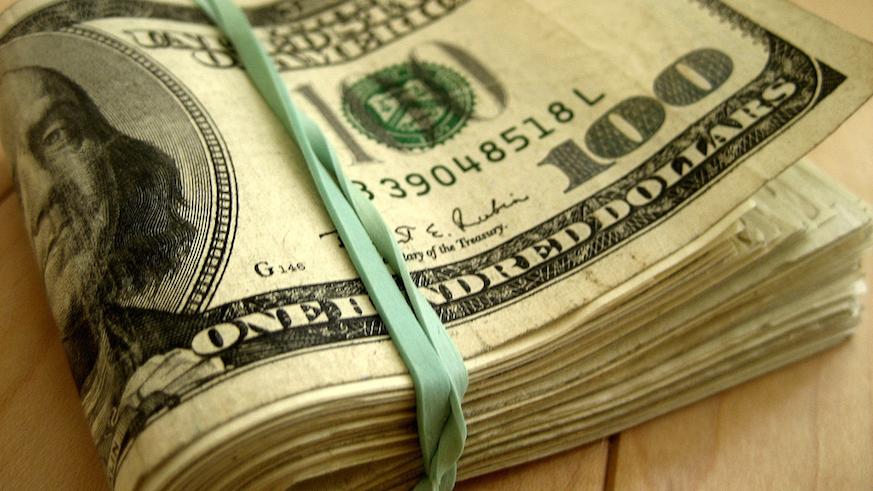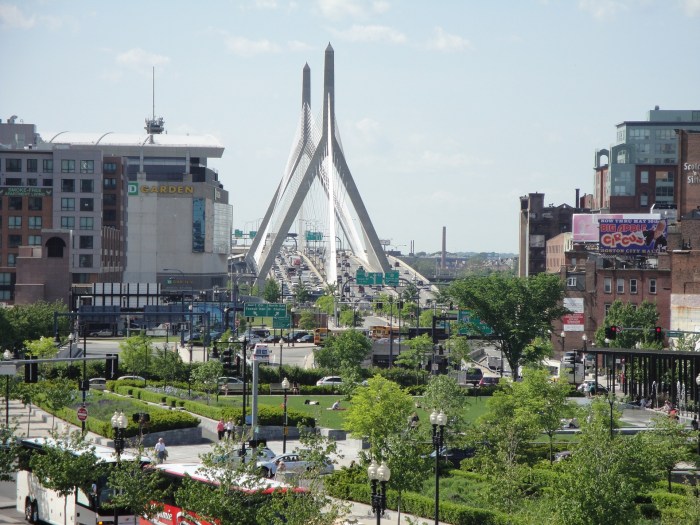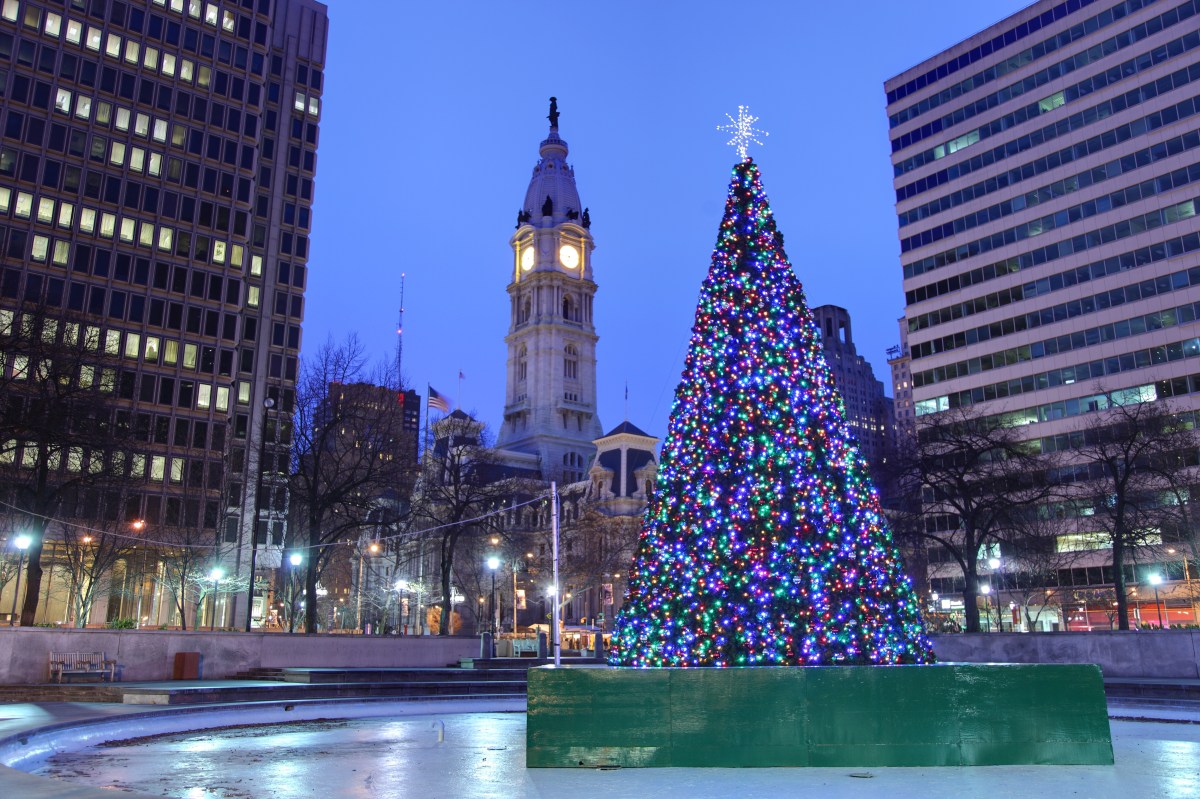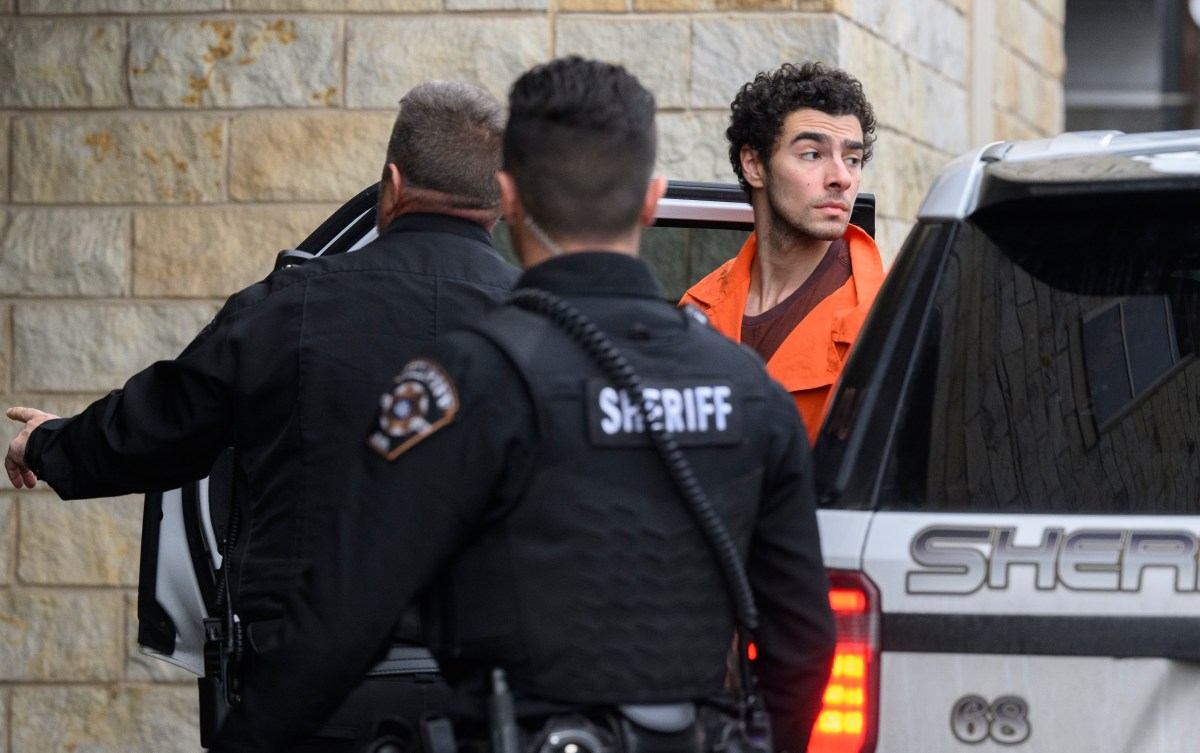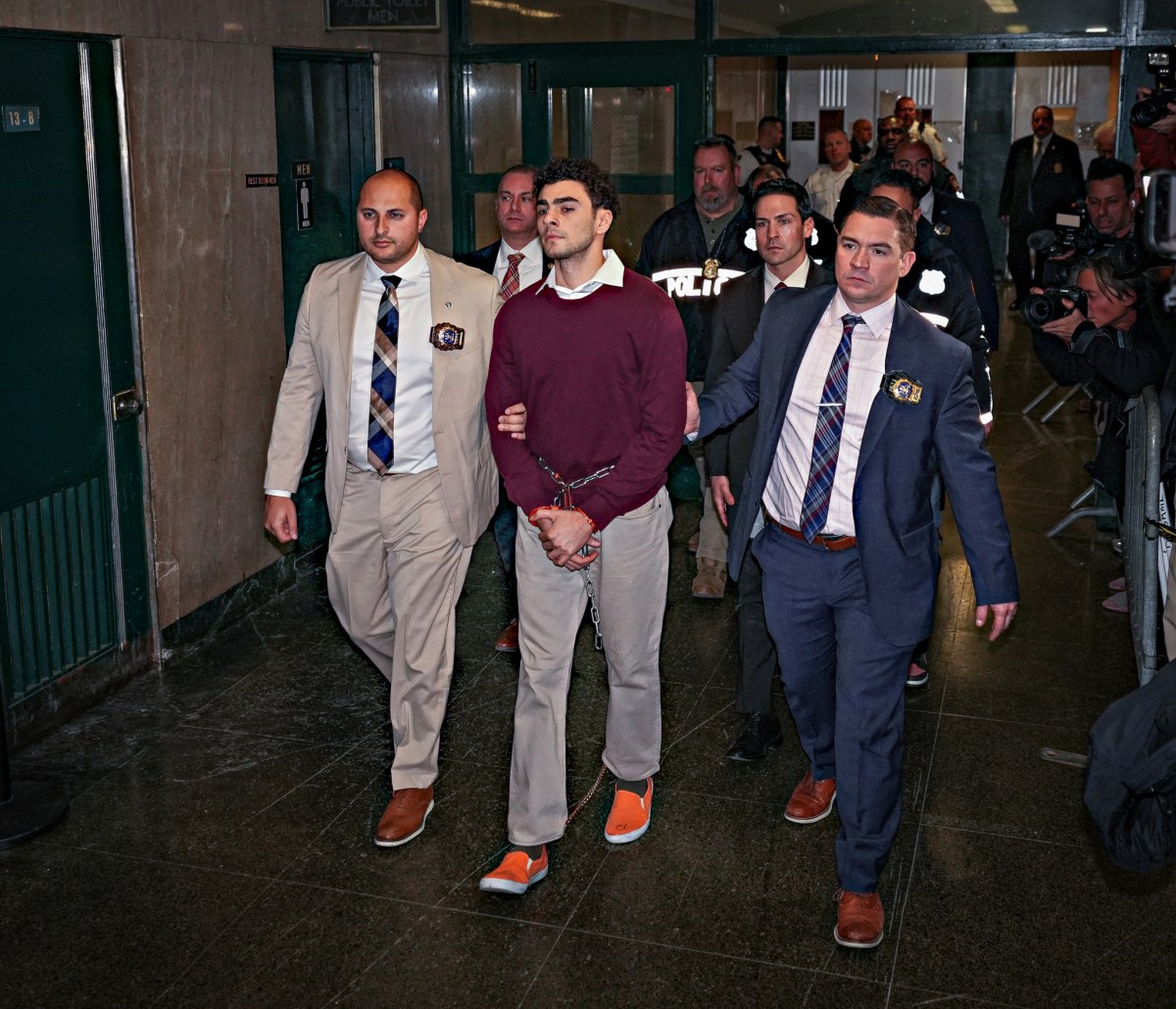Massachusetts voters will no longer have the opportunity to weigh in on whether or not the state should impose the so-called millionaire’s tax, an income surtax on the state’s highest earning residents, after the state’s highest court struck the question from the November ballot.
The Supreme Judicial Court ruled on Monday that the question mixes together subjects which are not “related or mutually dependent,” i.e. spending priorities for education and transportation and a change in the state’s tax policy, and thus should not appear on the November ballot.
“Including it on the ballot would place a reasonable voter in the ‘untenable position of casting a single vote on two or more dissimilar subjects,’” states the court’s decision, written by Justice Frank Gaziano.
The proposed millionaire’s tax would have raised an estimated $2 billion earmarked for education, including affordable public colleges and universities, and transportation repair and maintenance efforts by imposing a 4 percent surtax on those with an income of more than $1 million. The move ensures that the state’s flat income tax will remain in place.
Supporters of the proposal also dubbed it the “Fair Share Amendment.” Massachusetts Attorney General Maura Healey ruled in September that the proposed amendment met the state’s constitutional requirements and was certified to appear on the Nov. 2018 ballot.
Certain business groups opposed the proposal, though, and challenged the constitutionality of the amendment. Those opposing groups took the AG to court and asked the Supreme Judicial Court to block the millionaire’s tax from appearing on the ballot.
“We conclude that the initiative petition should not have been certified by the Attorney General,” the court’s ruling states.
The plaintiffs said in a statement that the case “was not about whether a graduated income tax is good public policy or bad public policy, it was about how the proponents tried to achieve it — a method in direct violation of the Constitution under which the Legislature’s deliberative taxing and spending authority would have been severely limited.”
Supporters of the proposal are dismayed at the news. In a statement, Raise Up Massachusetts said it is “incredibly disappointed that a few wealthy corporate executives and their lobbyists brought this lawsuit that blocked the right of Massachusetts voters to amend our state’s constitution.”
“It is stunning that these business groups would overturn the will of the more than 157,000 voters who signed petitions to qualify the Fair Share Amendment for the ballot,” the statement continued. “This decision does not change the fact that Massachusetts desperately needs major investments in our schools and colleges, our roads and bridges, and our public transportation systems. It does not change the fact that our wealthiest residents can afford to pay a little more to make those investments.”
A so-called millionaire’s tax has recently been proposed, and also faced opposition, in other areas, as well, including New Jersey and New York City.

